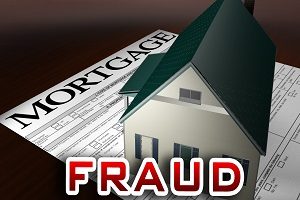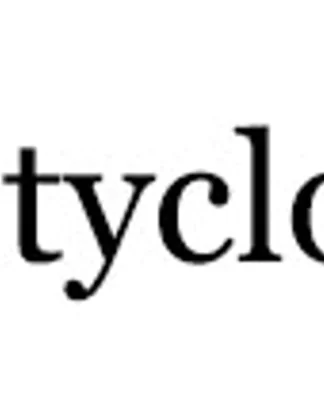Over the long run, mortgage fraud has become increasingly common, especially during times when a monetary downturn is of main pressing issue. A considerable lot of these criminal offenses are arraigned in the government court, yet because of this ascent in cases, a few states have started to enact penalties of their own. mortgage fraud is an extremely specific sort of extortion that needs the support of a financial crime attorney.
Mortgage Fraud
Mortgage fraud is the act of misrepresenting or omitting information that has been used by an underwriter or lender when funding, purchasing, or insuring a mortgage loan. This type of fraud can be committed by both lenders and borrowers. Mortgage fraud attorneys in Houston will represent your best interests when facing these types of charges.
Two Categories of Mortgage Fraud
Fraud for Profit
Fraud for profit is a type of mortgage fraud that is usually committed by industry insiders. This can include appraisers, mortgage bankers, bank officers, and more. Individuals may misuse the mortgage lending process by leveraging their industry knowledge in an effort to gain equity or cash from homeowners or lenders. The FBI has a history of prioritizing cases that are related to fraud for profit.
Fraud for Property
Fraud for property is typically committed by borrowers who are looking to maintain or gain ownership of a property. For instance, a home buyer may not be forthcoming about their assets or income on a mortgage application in search of more favorable loan terms or to obtain a fraudulent loan approval.
Why Commit Mortgage Fraud?
When borrowers find themselves charged with fraud for property, they may have tried to obtain a new property or retain their current one. These borrowers may be unlikely to receive a loan approval by using accurate information. Instead, the information that they provide pertaining to their income, debt, credit, property value, or employment may have been altered to increase their likelihood of getting a loan with favorable terms.
Industry professionals who find themselves facing charges of fraud for profit may have misrepresented their client’s financial information, resulting in increased profits. Fraud for profit can be committed by any professional who is involved in the loan transaction, such as the mortgage banker, appraiser, or real estate agent.

Types of Mortgage Fraud
Property Flipping
Purchasing, renovating, and then reselling property is not illegal in-and-of-itself. There are situations, however, where flipping houses can become fraudulent. Mortgage fraud can happen when a property is purchased below market value and is then immediately sold for a profit with the help of an appraiser who has misvalued the property in the current market.
Asset Rental
Asset Rental fraud occurs when a loan applicant borrows, or rents, particular assets from others in an effort to make themselves appear more qualified when applying for mortgage financing. When the mortgage closes, the money is then usually paid back to the person it was borrowed from.
Equity Skimming
Equity skimming involves the use of what is known as “straw buyers”. Straw buyers are people who purchase properties on behalf of another by using inaccurate credit reports and income documents so that investors can obtain a mortgage loan in the name of the straw buyer. After a loan closes, the straw buyer then passes the property over to the investor.
Once the property is in the investor’s name, he or she rents the property but may fail to make any mortgage payments, resulting in the property’s foreclose.
False Identity Usage
Some individuals may use false identities, which can result in being charged with mortgage fraud. The offender will obtain financing through using another person’s financial information, unbeknownst to that person. This can include the use of another’s pay stubs, falsified employment verification forms, and Social Security numbers. This personal information can be used to obtain a mortgage in someone else’s name.

Foreclosure Assistance
Sometimes an investor may offer assistance to someone who is on the verge of foreclosure. This third-party investor may offer their help to a homeowner who is at the risk of foreclosure or who has defaulted on their mortgage loans, attempting to save their property by having it signed over to the investor. The investor then makes a profit by using an inaccurate appraisal to sell a property and then collecting the seller’s proceeds.
In this instance, homeowners may be told that they can rent the property back and then repurchase it once their credit has improved. The home, however, may end up in foreclosure if the mortgage payments have not been made.
Mortgage fraud is a tricky topic, as mortgage loans tend to be confusing. As buyers and sellers experience a tighter housing market, mortgage fraud can be expected to rise. Prosecution for such crimes is taken very seriously, and having a lawyer who has experience with financial crimes is the best way to ensure you are properly represented.






























